What has your journey been like since diagnosis?
I was diagnosed with Parkinson’s in 2008 at age 33, at which time my kids were seven, four, two and four months old. I was pretty scared at first, but after originally being told I had ALS, I knew that at least my diagnosis wasn’t a death sentence. I remember telling my wife as we left the doctor’s office, “Phew, it’s just Parkinson’s!”
In college, I gained a lot of weight due to inactivity (plus having a wife who’s an excellent cook!). After college, I decided I needed to lose weight; so, I set out and achieved my goal to climb Mt. Whitney in California. I still wanted to lose another 15 pounds, but I needed another big goal to motivate me. I started doing sprints and Olympic-distance triathlons, and by the time of my diagnosis, I had completed about 12.
For quite a while my symptoms were held in check, which allowed me to continue the triathlons I had grown to love. However, as my symptoms progressed, I’d get dystonia in my leg which would get worse the harder I exercised. My physical therapist taught me some tricks to help reset my brain, like skipping or running backward. This worked for a while; however, during races, I made a lot of people angry as I’d pass them with my leg twisting and then turn around and run backward, which many misunderstood as me taunting them!
Eventually, I was caught in a vicious cycle. When I tried to exercise at an intensity that would help my Parkinson’s symptoms, the dystonia in my leg would get worse, forcing me to slow down to a level at which my symptoms got worse. That is what led me to ask my neurologist about Deep Brain Stimulation (DBS). I had DBS in November 2015. It was a game-changer.
How do you live well each day?
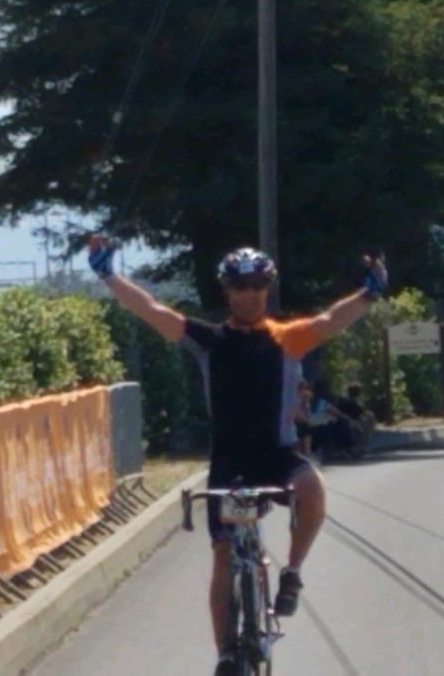
Since my DBS surgery, I take seven pills per day instead of the 20 pills I took before the operation. Best of all, DBS halted the dystonia issues I had in my leg and arm. Since the operation, it has been more difficult for me swim and run, so I only do one short triathlon per year. But it doesn’t matter because I have come to love cycling! I try to ride daily for at least an hour and it truly helps, especially when I try to do maximum effort intervals. Although the rides are intense, I feel so much better afterward. I walk better, my speech is less slurred and my typing goes from 10 words per minute to around 40. This helps a lot in my job as a flight test engineer.
My family is super supportive and helpful, and we try to keep a sense of humor about everything. My kids were excited when they found out that I can get into any National Park for free because of my disability placard. They joked that they should rent me out to their friends to raise money for college.
They’ve also supported me in my exercise and fundraising for Parkinson’s. Last year, I started a team called “Fight’s On!” to raise money for Parkinson’s research. “Fight’s On!” is a reference to what fighter pilots say to initiate a dogfight (a battle between fighter planes) because I feel like I’m in a dogfight with Parkinson’s. Team “Fight’s On!” raised $10,000 for Parkinson’s research by doing a 450-mile relay race from Salt Lake City to St. George, Utah. My next goal is to do the Denver Post’s Ride The Rockies event for the Davis Phinney Foundation with some of my family in a couple of years.
What do you wish you would have known when you were diagnosed that you know now about living with Parkinson’s?
I wish I had learned about the benefits of DBS much earlier. I think if I had the surgery earlier, I could’ve benefited even more from it. I know there is a stigma around DBS because people are nervous about having brain surgery. But as long as you do your research and find an experienced doctor, it truly isn’t as scary as you might think. That’s not to say that it’s a cure. I still have some very bad days – just ask my wife. However, I wouldn’t change my decision to have the surgery in a million years because it has truly improved my quality of life.
ROB WARNER’S PHILOSOPHY
What do you wish everyone living with Parkinson’s knew about living well?
I cannot stress enough how important exercise is. It doesn’t matter what it is – just find something you’ll do consistently because you enjoy it. Boxing, cycling, dancing, tai chi, walking, jogging, yoga… whatever it is, just get up and move! You can’t let yourself give up because the “Fight’s On”!
SHARE YOUR VICTORY
Each month, we spotlight people from our Parkinson’s community who embody living well today – what we call Moments of Victory®
Your story, like Rob’s, could be featured on our blog and Facebook page so others can learn from your experiences and victories.


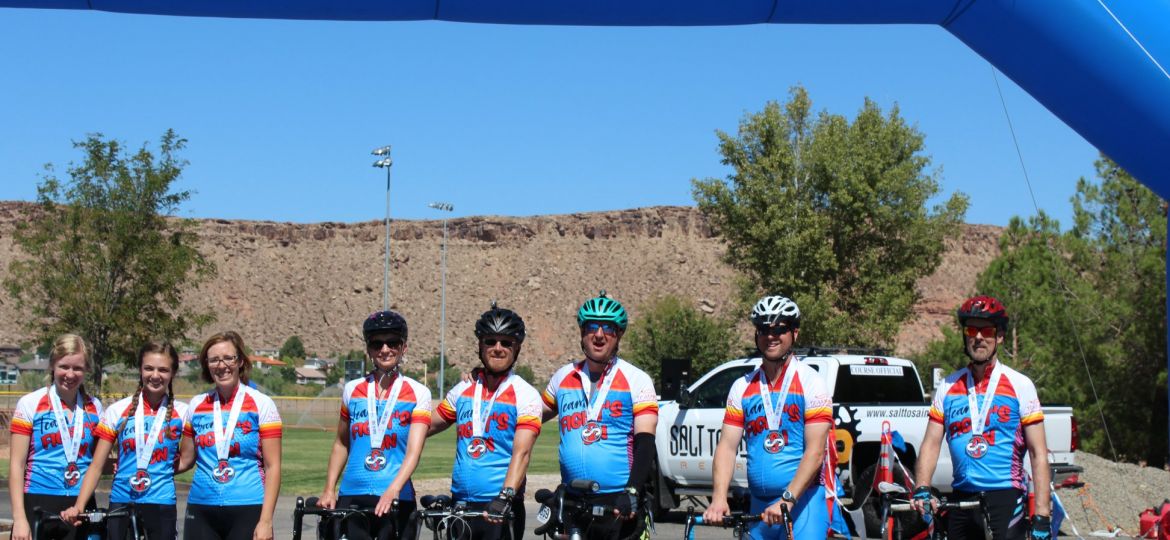


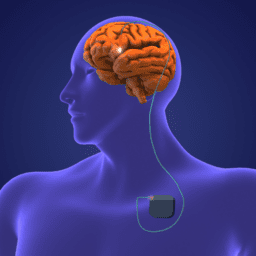






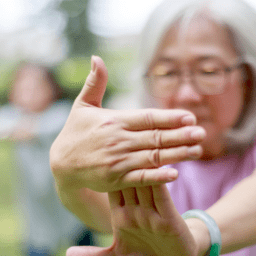
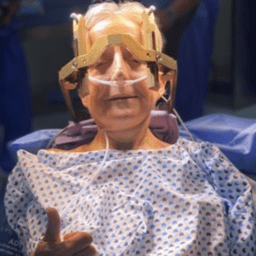



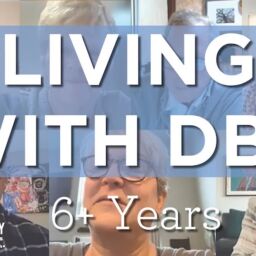
I was diagnosed 3 years ago, am 65. I’ve ridden a mountain and road bike for many years. I am looking for advice on pedals, clip less or flats? I like clips for some extra power, and to help keep my affected left foot on the pedal better. But I like flats as my balance is less good, I can get my foot down faster and I have occasionally fallen because i could not get out of my clips. Thoughts? Thanks!
Hi Gerry – We recommend choosing the option that will keep you both exercising and safe. The last thing you want is to fall and make riding your bike or being physically active an impossibility. Exercise is key to living well with Parkinson’s, as we’re sure you know. So, perhaps it is worth sacrificing a little bit of power for safety, at least when riding outside on less predictable terrain. Happy riding!